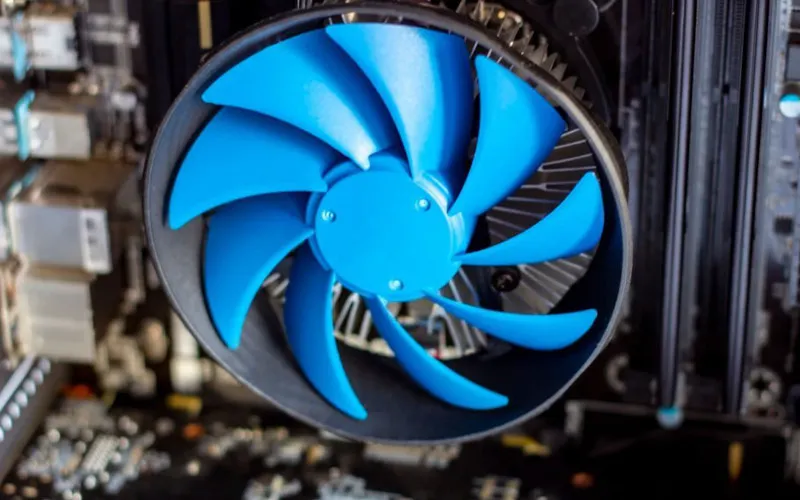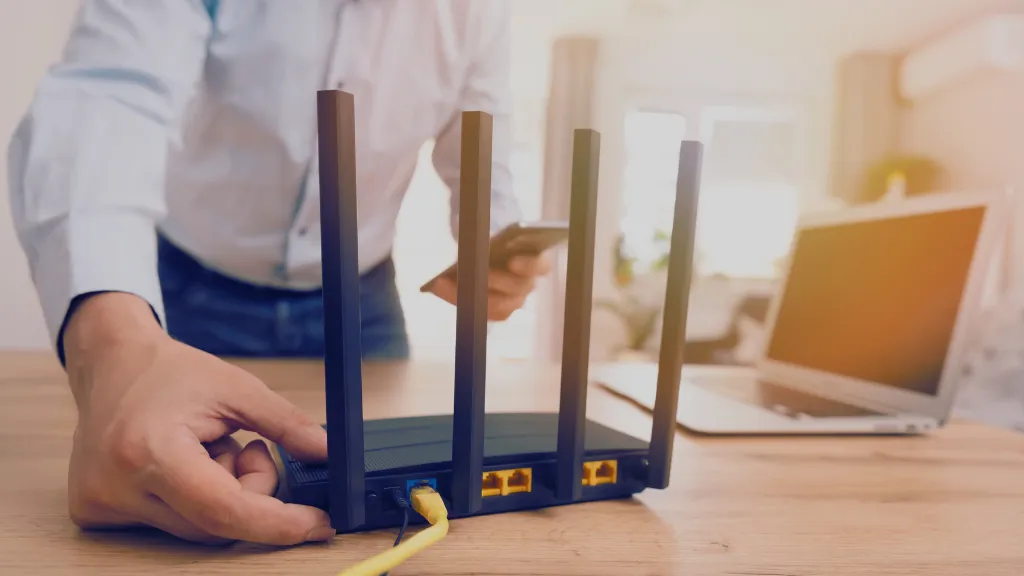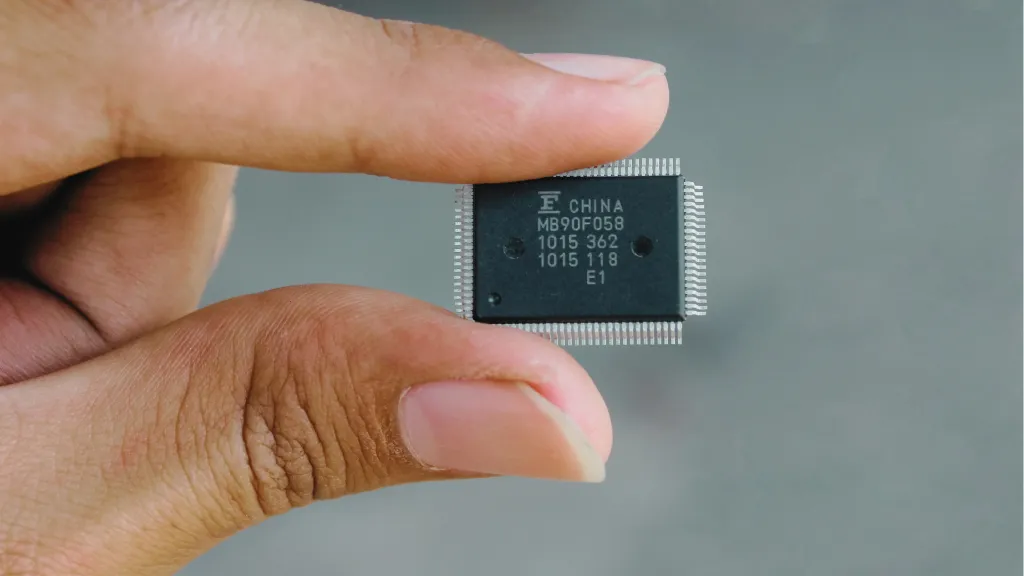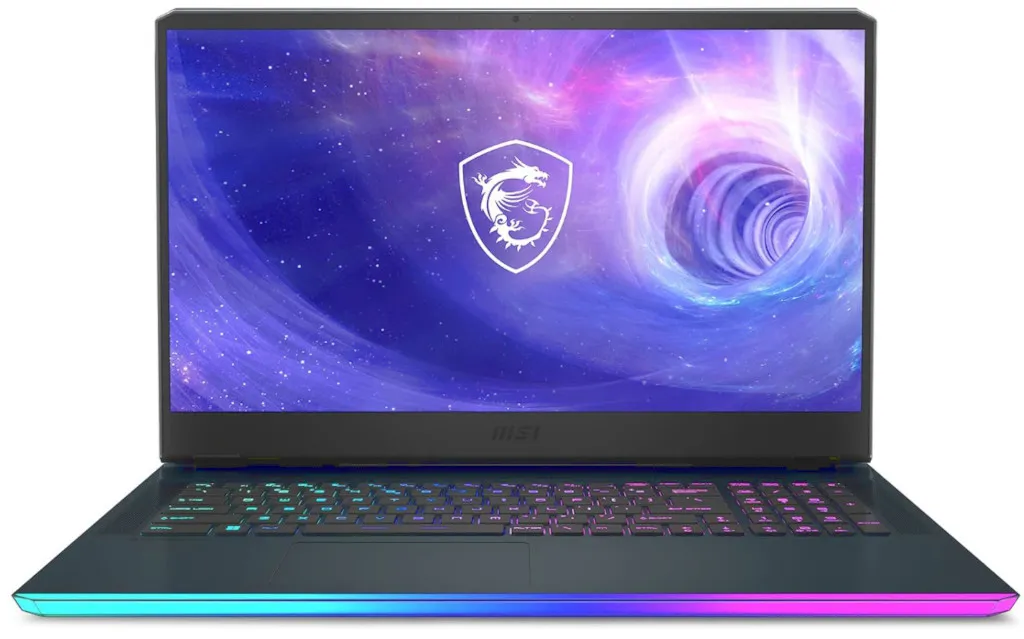As a computer enthusiast and someone who spends a lot of time tinkering with hardware, I can confidently say that a CPU cooler is an essential component for any computer.
Overheating can cause severe computer damage, so proper cooling is important.
In this article, we’ll explore the importance of a CPU cooler, what it is, how it works, and whether or not you need one.
Why Do Computers Need Cooling?
Computers generate a lot of heat, and that’s a fact. Whether playing a game, editing a video, or browsing the web, your computer constantly works and generates heat.
If that heat isn’t adequately dissipated, it can cause serious problems. The heat can damage your hardware, decrease the lifespan of your computer, and even cause it to crash or shut down unexpectedly.
What is a CPU Cooler and How Does It Work?
A CPU cooler is designed to dissipate the heat generated by your computer’s CPU. CPU coolers come in multiple varieties: air, liquid, and passive.
Air coolers are the most common type of CPU cooler and work by using a heat sink and a fan to dissipate the heat. On the other hand, liquid coolers use a pump to circulate liquid through a radiator to dissipate heat.
Passive coolers use natural convection to dissipate heat and are often used in low-power devices.
No matter what CPU cooler you choose, using thermal paste between the cooler and the CPU is important. The thermal paste helps to improve the thermal conductivity between the two surfaces, allowing heat to be transferred more efficiently.
What Happens If You Don’t Have A CPU Cooler?
You’re putting your computer at serious risk if you don’t have a CPU cooler. Without a cooler, the heat generated by your CPU will continue to build up, eventually causing damage to the hardware.
This can lead to decreased performance, crashes, and even complete hardware failure. In some cases, the CPU can get so hot that it shuts down to protect itself, which can be frustrating if you’re in the middle of an important task.
How To Choose The Right CPU Cooler?
When choosing a CPU cooler, there are several factors to consider. The first is your CPU type, as different CPUs have different cooling requirements. You’ll also need to consider the size of the cooler, as well as the noise level of the fan.
If you’re building a high-performance gaming PC, you may want to consider a liquid cooler, as they tend to be more efficient at dissipating heat. However, an air cooler may be a more affordable option if you’re building a budget PC.
Tips For Installing And Maintaining Your CPU Cooler
Once you’ve chosen your CPU cooler, it’s important to install it properly to ensure optimal performance. Follow the manufacturer’s instructions carefully, and apply thermal paste to ensure proper heat transfer.
Keeping your CPU cooler clean and free of dust and debris is also essential. A dirty cooler can reduce efficiency, leading to higher temperatures and decreased performance.
Do You Need A CPU Cooler If You Have Fans?
While fans help circulate air throughout your computer, they aren’t specifically designed to dissipate the heat your CPU generates.
A CPU cooler, on the other hand, is designed to do just that. It helps to draw heat away from your CPU and dissipate it, preventing damage and ensuring optimal performance.
Using fans alone to cool your CPU can lead to inadequate cooling, which can cause serious problems. Overheating can damage your hardware, decrease the lifespan of your computer, and even cause it to crash or shut down unexpectedly.
So, if you want to ensure that your computer is running at its best and avoid potential hardware problems, it’s important to use a CPU cooler in addition to your fans.
Does A CPU Need A Heatsink Or A Fan?
A heatsink is a component designed to dissipate your CPU’s heat. It’s made of metal, and it usually has fins that help to increase the surface area, allowing heat to be dissipated more efficiently.
On the other hand, the fan helps move air across the heatsink, helping dissipate the heat.
Without a heatsink, your CPU would quickly overheat, which can cause serious problems. The heat generated by your CPU can cause damage to the hardware, decrease the lifespan of your computer, and even cause it to crash or shut down unexpectedly.
A fan alone won’t be able to cool your CPU efficiently enough, so a heatsink is necessary.
There are different types of heatsinks available, including air-cooled and liquid-cooled heatsinks. Air-cooled heatsinks are more common and affordable, and they work by drawing air across the heatsink fins.
Liquid-cooled heatsinks, however, use liquid to dissipate heat and are often used in high-performance systems.
How Hot Is CPU Without Cooler?
A CPU generates a lot of heat when it’s running, and without a cooler to dissipate that heat, the temperature can quickly rise to dangerous levels. A CPU can reach over 100°C (212°F) in seconds without a cooler.
This extreme heat can cause damage to the CPU, and in some cases, it can even cause the CPU to stop working altogether.
If your CPU runs without a cooler, your computer will likely shut down or crash to prevent further damage. But if your computer doesn’t shut down on its own, you should turn it off immediately to avoid any potential damage to your hardware.
Is It Ok To Run A CPU Without Thermal Paste?
Thermal paste is a thermal interface material that transfers heat from your CPU to your cooler. Without thermal paste, the heat generated by your CPU can’t be adequately transferred to the cooler, and this can lead to overheating.
When a CPU runs without thermal paste, the contact between the CPU and cooler isn’t as efficient, which can cause the CPU to run hotter than it should. Overheating can cause damage to your CPU, and in some cases, it can even cause the CPU to stop working altogether.
It’s important to note that using too much thermal paste can also be problematic. Excessive thermal paste can act as an insulator, preventing heat from being transferred efficiently.
So, it’s important to use the right amount of thermal paste to ensure that your CPU is running at safe and optimal temperatures.
Conclusion
A CPU cooler is an essential component for any computer. It helps to dissipate the heat generated by your CPU, preventing damage and ensuring optimal performance.
Whether you choose an air cooler, liquid cooler, or passive cooler, choose one appropriate for your needs and install it properly. Proper cooling lets you enjoy your computer without worrying about overheating or hardware failure.






